Intro
Effortlessly generate insert statements from Excel data with our simplified approach. Learn how to transform spreadsheets into SQL insert statements using easy-to-follow steps and tools. Master data migration and automation with our expert guide, covering Excel data manipulation, SQL syntax, and data import techniques.
Generate Insert Statements From Excel Data Easily
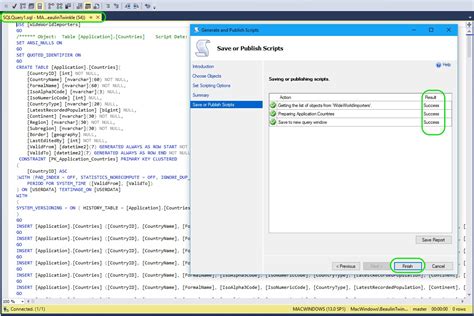
In today's fast-paced data-driven world, working with large datasets has become a norm. When dealing with massive amounts of data, it's not uncommon to encounter situations where you need to transfer data from Excel to a database management system. One common method to achieve this is by generating INSERT statements from Excel data. However, doing this manually can be time-consuming and prone to errors.
Fortunately, there are several methods and tools available that can make this process easier and more efficient. In this article, we will explore the different ways to generate INSERT statements from Excel data easily.
Why Generate INSERT Statements from Excel Data?
Before we dive into the methods, let's understand why generating INSERT statements from Excel data is important. Here are a few reasons:
- Data Transfer: Excel is a popular data analysis tool, and often, data is stored in Excel files. However, when it comes to storing and managing large datasets, database management systems are more efficient. Generating INSERT statements from Excel data allows you to transfer data from Excel to a database easily.
- Data Analysis: By transferring data from Excel to a database, you can perform complex data analysis using SQL queries.
- Data Backup: Generating INSERT statements from Excel data can also serve as a backup mechanism. In case of data loss or corruption, you can use the INSERT statements to restore the data.
Methods to Generate INSERT Statements from Excel Data
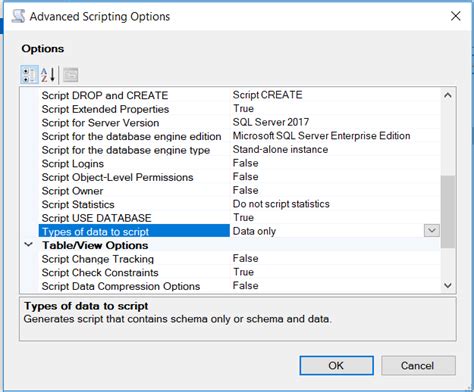
There are several methods to generate INSERT statements from Excel data. Here are a few:
1. Using Excel Formulas
You can use Excel formulas to generate INSERT statements. Here's an example:
| ID | Name | Age |
|---|---|---|
| 1 | John | 25 |
| 2 | Jane | 30 |
| 3 | Joe | 35 |
To generate INSERT statements, you can use the following formula:
="INSERT INTO table_name (ID, Name, Age) VALUES ("&A2&", '"&B2&"', "&C2&");"
This formula will generate an INSERT statement for each row in the table.
2. Using Excel VBA Macros
You can also use Excel VBA macros to generate INSERT statements. Here's an example code:
Sub GenerateInsertStatements()
Dim ws As Worksheet
Set ws = ThisWorkbook.Worksheets("Sheet1")
Dim lastRow As Long
lastRow = ws.Cells(ws.Rows.Count, "A").End(xlUp).Row
Dim i As Long
For i = 2 To lastRow
Dim insertStatement As String
insertStatement = "INSERT INTO table_name (ID, Name, Age) VALUES (" & ws.Cells(i, 1).Value & ", '" & ws.Cells(i, 2).Value & "', " & ws.Cells(i, 3).Value & ");"
'Output the INSERT statement to a new worksheet or a text file
ws.Cells(i, 4).Value = insertStatement
Next i
End Sub
This code will generate an INSERT statement for each row in the table and output it to a new worksheet.
3. Using Online Tools
There are several online tools available that can generate INSERT statements from Excel data. Here are a few:
- Excel to SQL: This is an online tool that allows you to upload your Excel file and generate INSERT statements.
- SQLizer: This is another online tool that can generate INSERT statements from Excel data.
- DBConvert: This is a online tool that can convert Excel data to INSERT statements.
Gallery of Generate Insert Statements
Generate Insert Statements Image Gallery
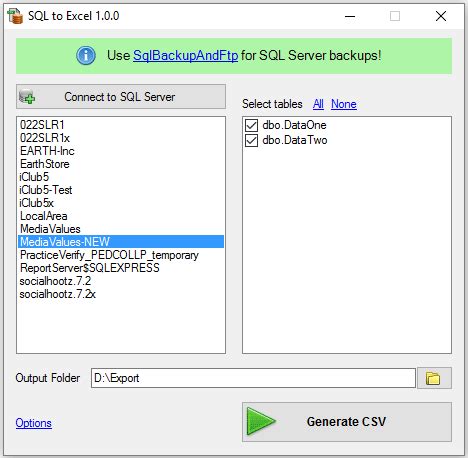
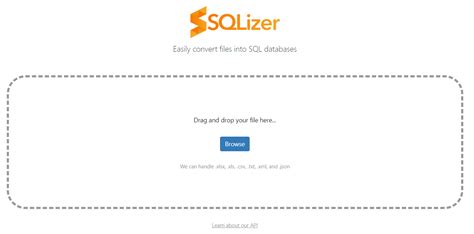
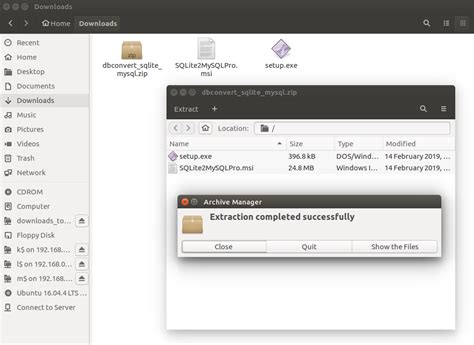
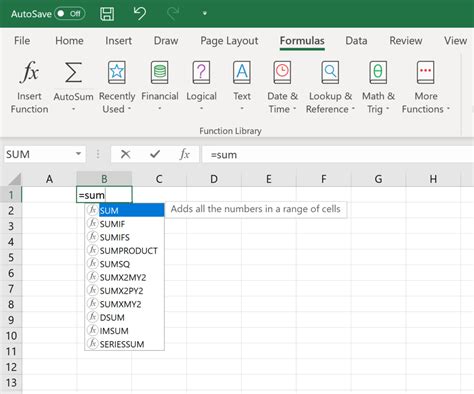
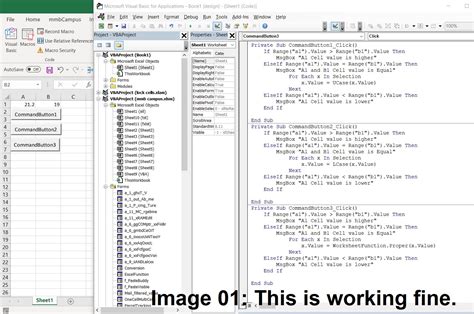
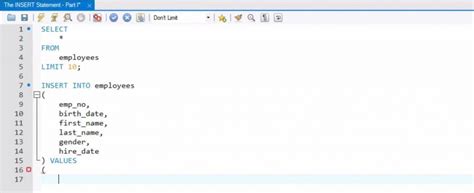
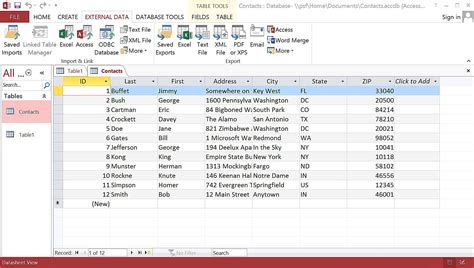
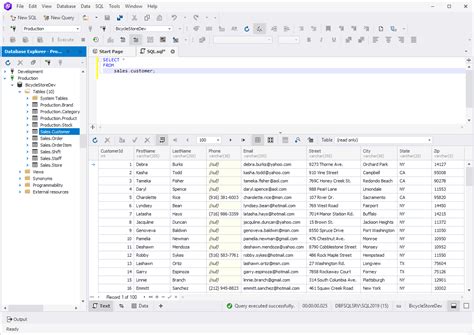
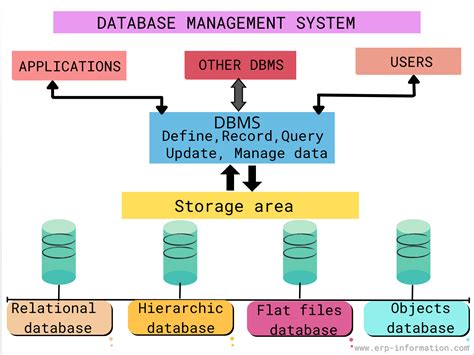

Conclusion and Future Directions
Generating INSERT statements from Excel data is a common requirement in data analysis and management. In this article, we have explored different methods to achieve this, including using Excel formulas, Excel VBA macros, and online tools. Each method has its own advantages and disadvantages, and the choice of method depends on the specific requirements and complexity of the project.
As data management and analysis continue to evolve, it's essential to stay updated with the latest tools and techniques. Future directions may include the use of artificial intelligence and machine learning algorithms to automate the process of generating INSERT statements from Excel data.
Recommendations
Based on the discussion in this article, we recommend the following:
- Use Excel formulas: For small to medium-sized datasets, using Excel formulas is a simple and efficient way to generate INSERT statements.
- Use Excel VBA macros: For larger datasets, using Excel VBA macros is a more efficient and scalable approach.
- Use online tools: For projects that require frequent data transfer, using online tools such as Excel to SQL converters can save time and effort.
We hope this article has provided valuable insights into the different methods to generate INSERT statements from Excel data. If you have any questions or comments, please feel free to share them below.
